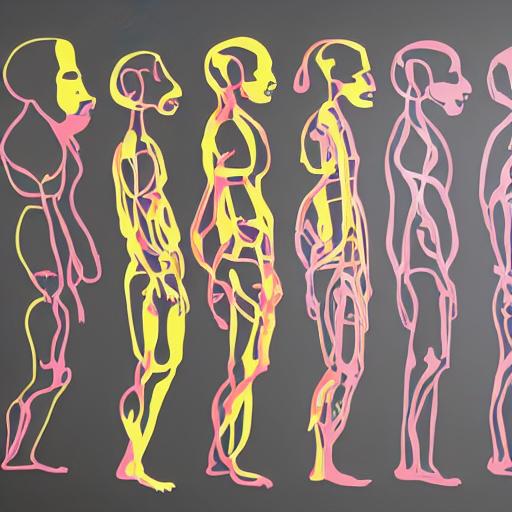An AI that can mimic evolution itself was created by researchers at the Universities of California, San Francisco, Berkeley, and Salesforce Research, the science division of the software firm based in San Francisco. This doesn’t mean the AI produced a kind of superhuman evolutionarily superior, however; rather, it constructed the protein-building sequences of 20 amino acids. Some of the sequences performed equally well when compared to those produced by millions of years of evolution, which is nature’s workmanship.
It’s interesting that researchers didn’t create an AI from scratch but rather modified a language model from a different subject. The “sentences” of biological proteins, which are essentially a language of amino acids, were the focus of the study, which made use of Salesforce’s ProGen natural language processing capabilities.
According to Nikhil Naik, the Director of AI Research at Salesforce Research, “amino acids are connected together one by one to produce proteins, just as words are strung together one by one to form text sentences.” We use neural language modeling to create realistic yet new protein sequences based on this insight.
The study claims that after ProGen was trained on 280 million proteins, it was “iteratively refined by learning to estimate the likelihood of the next amino acid given the prior amino acids in a raw sequence.” The scientists ultimately concentrated on five distinct artificial proteins and compared them to an enzyme known as “hen egg white lysozyme” present in chicken eggs; two of the AI-generated proteins compared favorably.
Overall, according to Salesforce, 73 percent of ProGen’s proteins were functional, compared to only 59% of natural proteins, and the AI was also capable of spotting evolutionary patterns (even though this wasn’t its intended use). AI has previously created human proteins, but this is the first instance of language model AI doing the trick.
However, the team isn’t just concerned with providing a solution to the question of whether proteins can be designed by language model AIs. The Salesforce AI Research team is already looking into how ProGen could help find treatments for diseases like rheumatoid arthritis and multiple sclerosis because proteins are at the root of many ailments.
Therefore, while some AIs are trained to defeat humans at their own game (literally), language models like ProGen may one day defeat evolution itself and aid in the fight against some of the most serious health issues that exist today.








